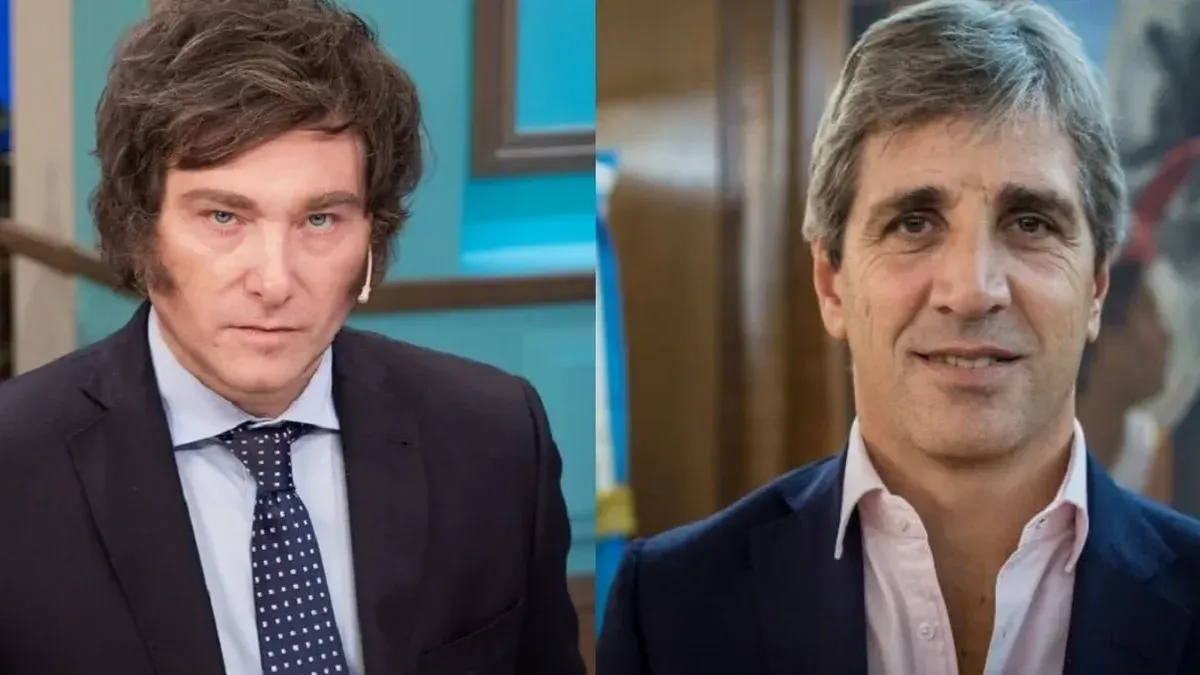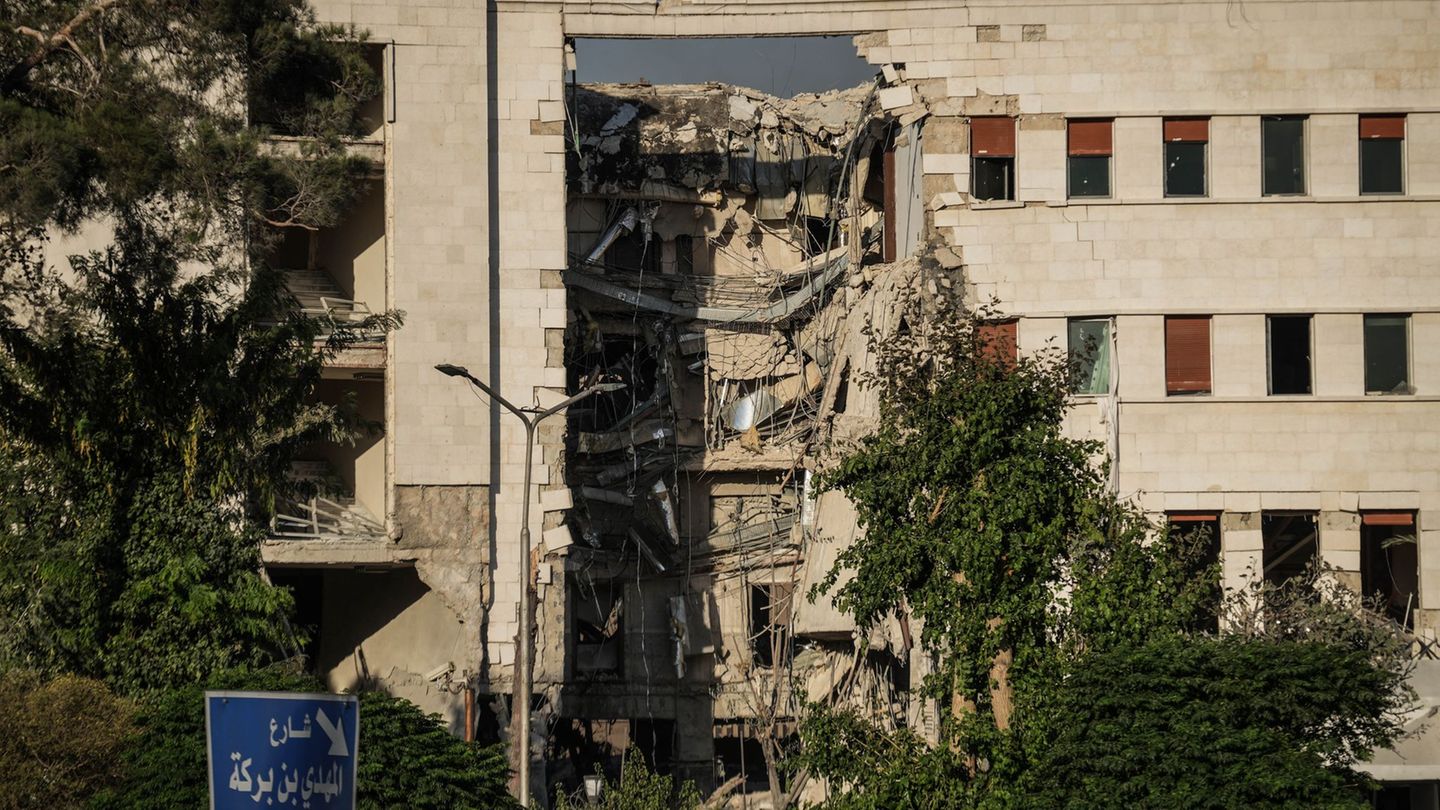There is a premise that economists They repeat like a mantra, in some universities (private or public), which is not questioned, and that is: Economics is the management of scarce resources TRUE? Is a economic nonsense to develop in this note.
Mainly decision making is based on a premise: theoretical framework for action. Thought and action. In our case, the career of economists, the training of those professionals who are future policy makers. Can they make bad decisions to solve economic problems because they have not even questioned the idea of scarcity? Yes, that’s why sometimes they propose solutions, Excel included or econometrics where we all know that the problem is “Mu”, which end up far from reality, but with a social cost.
How did it happen that the economists’ last names disappeared? Politics”. Let’s make a brief review of what happened. The Arturo Jauretche National Chair of Economics (CNEAJ) wrote this document “TEACHING AND TEACHING OF NEOLIBERALISM AT THE FCE-UBA: Analysis of the economics degree curriculum. History and proposal.”
Let’s keep an eye on what a transition looks like to us, taking into account the date of March 24. This begins on the night of the long sticks, we are in the Onganía period (1966-1970), the moment of the coup was carried out by the brother of one of the leaders of Creole liberalism, Álvaro Alsogaray, military man, engineer and economist, author from “Liberal bases for a government program (1989-1995)” who wrote: Argentina was a great Nation that until approximately the Second World War was among the top ten countries in the world. Today it is located in seventieth or eightieth place. The abandonment in 1946 of the liberal system of the Constitution of 1853/60 was and is the cause of this absurd setback. Returning, Álvaro’s brother was Julio Alsogaray, who was also a military man but not an economist. On June 28, 1966, he communicated the following to President Arturo Illia: “On behalf of the Armed Forces, I come to ask you to leave this office.”. Thus the coup was consummated.
During those times our career had some modifications. One month after Julio Alsogaray’s request, on July 29, 1966, the police violently broke into the UBA premises, an event known as “The night of the long sticks”. In the Economics program, there were very few teachers who made such determination to resign as in Exactas, perhaps the most plural, those of peripheral subjects, such as Aldo Ferrer, Silvio Frondizi, Sergio Bagú, Rosa Cusminsky, Miguel Teubal or the professor Olivera stayed, but included Capital in his course, according to the Jauretche report (2013).
After this event, the following month, exactly on August 29, 1969, the accountant was appointed as dean Federico Frischknecht, professor of Administration, with a postgraduate degree at the Yankee University of Columbia and a relative of Onganía. During that year 1969-1970 “The transformation process that gave rise to the Plan F which would take shape years later, where the title stopped being a Lic. in Political Economy to become a Lic. in Economics, not only to follow North American universities, but also to erase the word politics from the university.” (Jauretche, 2013).
A process began in whichThe neoclassical vision of economics buried the historical and political contents, the monetarist professors took their first steps. In the years 1976-1983, “Plan F constituted an important step in the consolidation of the professional as a technician with mathematical training, which marked a distance from the non-professional, and therefore made him the bearer of a technical and symbolic capital that allowed him to enjoy a special power over the rest of society, even on the previous generation of liberals, lawyers who did not handle mathematical instruments or engineers who did not handle modern concepts of technology. Chicago School. “Technocratic economists could influence the government in defense and representation of local monopolies and foreign economic power.” The CNEAJ report (2013) tells us. One last detail of that dictatorship was that “On February 16, 1981, tariffs in national universities were ordered by decree. If in 1975 3,458 students had graduated, by 1982, the number was abruptly reduced to 1,360.”CNEAJ (2013).
A contribution to recovering memory (the last name), first, is return to the classics: Ricardo and Smith, their views on the world, but adapting them to our peripheral reality. Second, it leads us to the fact that the economy, simply put, the British from Marshall (1842-1924) onwards – as if to situate ourselves – the market regulates itself, it does not require intervention, it moves to a subjective theory of value, It advances the idea of not talking about production costs: capital, land and labor and their remuneration. To welcome the price signal as a mantra and explanation for every economic problem. That ends up arriving with neoclassical and monetarist thought.
The political solution “There is no money” is based on the fact that the issuance generates inflation, which is spent more than what is earned, in itself the primary deficit. This restriction is associated with shortages. David Ricardo in 1816 in his book “Principles of Political Economy and Taxation”, in the first chapter, called “On Value” concludes that The object of political economy is to study reproducible commodities to which work can be applied. -using tools for this, mental and physical effort-, which are characterized by utility and scarcity, the laws of supply and demand, as well as by being value of use and exchange; But there is another set of merchandise that, although they are governed by the laws of supply and demand and have the powers of scarcity and utility, no work can be applied to them, these are art paintings – a Dalí or a Picasso – . From everything explained up to this point, it is clear that the definition of economy, which is repeated, At least it would be in doubt, It seems like the echo of the batons of 1966 that confused the object of study. We say that the premise is wrong because of the following data:
mattos column.jpeg
From the data it is clear that the lower the primary deficit, the higher inflation, in most years Waste? Will we have to rethink the theoretical bases with which we make political decisions?
Source: Ambito




